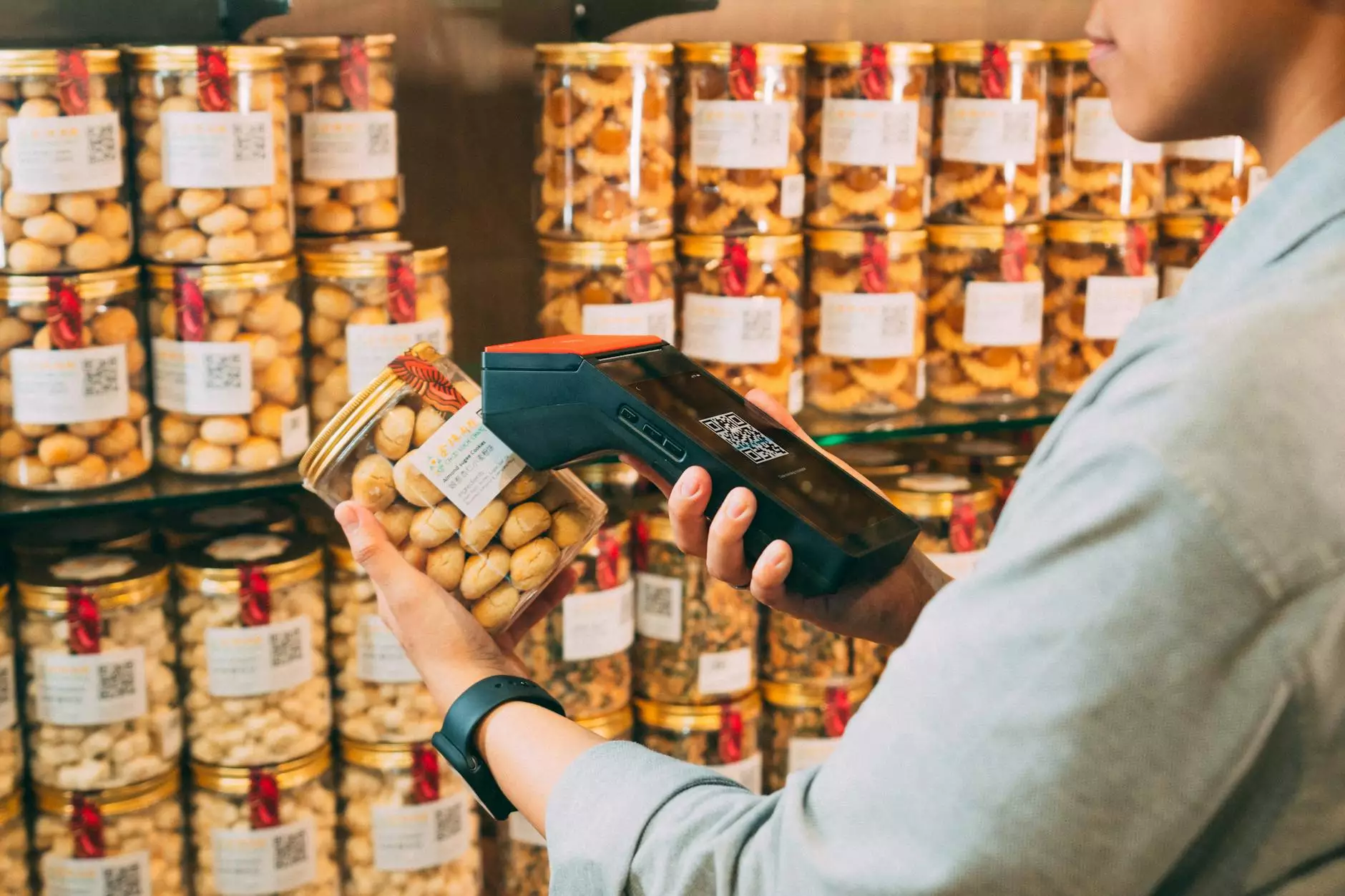Advanced Tray Forming Machines: The Future of Packaging Solutions

In the fast-evolving world of packaging equipment, the significance of a reliable and efficient tray forming machine cannot be overstated. As businesses strive to enhance productivity and streamline their packaging processes, these machines are becoming instrumental in achieving their goals. Here, we delve deep into the multifaceted advantages of tray forming machines, how they operate, their applications, and the impact they have on various industries.
Understanding Tray Forming Machines
A tray forming machine is a specialized piece of packaging equipment designed to create trays from flat sheets of material, typically cardboard or plastic. These trays are essential for packaging products across diverse industries, including food, pharmaceuticals, electronics, and consumer goods. The machine's primary function is to automate the process of tray formation, drastically reducing labor time and increasing output consistency.
How Do Tray Forming Machines Work?
The operation of a tray forming machine is both intricate and efficient. Here’s a breakdown of the typical manufacturing process:
- Material Loading: Flat sheets of material are loaded into the machine. These materials can vary in thickness and type, depending on the application's requirements.
- Sheet Feeding: The machine precisely feeds each sheet into the forming area. This is accomplished through automated systems that ensure accuracy and minimize waste.
- Heating/Softening: For plastic trays, the material often undergoes heating to soften it for shaping. This step is crucial to achieve the desired tray form without compromising structural integrity.
- Forming Process: Using molds and mechanical arms, the machine shapes the material into trays. This process can include folding, cutting, and sealing in one seamless operation.
- Quality Check: Automated sensors often check the finished trays for defects, ensuring only products that meet quality standards move on to the packaging line.
Key Features of Tray Forming Machines
The modern tray forming machine comes packed with features designed to enhance usability and efficiency. Here are some of the standout attributes:
- High-Speed Production: These machines can create thousands of trays per hour, significantly increasing throughput.
- Flexibility: Catering to different product sizes and types, many machines can easily switch between tray designs, making them versatile in a production setting.
- Automated Processes: Advanced robotics and automation reduce the need for manual intervention, minimizing labor costs and human error.
- Eco-Friendly Options: Many modern machines support biodegradable and recyclable materials, aligning with sustainable packaging initiatives.
- Customizable Molds: Businesses can create specific tray shapes tailored to their product needs.
Applications of Tray Forming Machines
Tray forming machines find utility across a variety of sectors. Here are some specific applications:
1. Food Industry
In the food sector, tray forming machines are vital for creating portioned trays that are safe and hygienic for product storage. They facilitate efficient packing of fruits, vegetables, meats, and ready-to-eat meals.
2. Pharmaceuticals
Pharmaceutical companies utilize tray forming machines for packaging medicines and medical equipment. The trays ensure protection from contamination, provide easy handling, and often include tamper-proof features.
3. Electronics
In electronics, specially formed trays protect delicate components during transportation and storage. These trays often include anti-static properties to prevent damage during handling.
4. E-commerce and Retail
The rise of e-commerce has led to an increased need for efficient packaging. Tray forming machines play a significant role in producing trays that securely hold products during shipping, reducing the risk of damage.
Benefits of Investing in a Tray Forming Machine
Investing in a tray forming machine can greatly enhance a business's packaging capabilities. Here are some notable benefits:
Cost Efficiency
By automating the tray forming process, companies can save significantly on labor costs. Moreover, these machines reduce material waste through precision engineering, contributing to overall cost savings.
Improved Product Quality
Automated tray formation often leads to higher consistency in quality. This precision minimizes defects, ensuring that every tray meets the set standards, which can enhance brand reputation.
Enhanced Speed of Production
With the capability to produce a vast number of trays in a short period, these machines enable businesses to meet high-volume demand without compromising on quality or efficiency.
Supports Customization
The ability to easily switch molds allows companies to produce customized trays for different products, catering to diverse market needs without significant downtime.
Choosing the Right Tray Forming Machine
When selecting a tray forming machine, several factors should be taken into consideration:
- Production Volume: Assess your current and projected needs. Higher volumes might justify a more robust, high-capacity machine.
- Material Compatibility: Ensure the machine is compatible with the materials you intend to use for tray production.
- Space Requirements: Consider the available space in your production facility, as larger machines require more floor space.
- Budget: Be clear about your budget and consider both the initial cost and long-term operational costs.
- Technical Support and Maintenance: Look for manufacturers that provide ongoing support and training to maximize your investment's return.
Future Trends in Tray Forming Technology
As technology advances, so too do the capabilities of tray forming machines. Here are some emerging trends:
1. Enhanced Automation
With the rise of Industry 4.0, we anticipate more integrated and automated systems that connect tray forming machines with inventory management and logistics, leading to more streamlined operations.
2. Smart Technologies
Incorporating IoT (Internet of Things) capabilities could allow for real-time monitoring and analytics, helping businesses optimize production schedules and react swiftly to changes in demand.
3. Sustainable Practices
With increasing environmental awareness, manufacturers are likely to focus on producing *eco-friendly trays* that reduce waste and are made from sustainable materials.
Conclusion
Investing in a tray forming machine is not just about enhancing productivity; it's about transforming the entire packaging process for your business. By automating tray production, companies can achieve higher output, improved quality, and cost savings that drive long-term growth. As we look to the future, the integration of smart technology and sustainable practices will further elevate the value these machines bring to industries around the globe.
At shineben.com, we understand the importance of choosing the right packaging equipment to stay competitive. Our range of high-quality tray forming machines is designed to meet diverse packaging needs while ensuring efficiency and effectiveness. Explore our offerings today and elevate your packaging solutions with state-of-the-art machinery.









